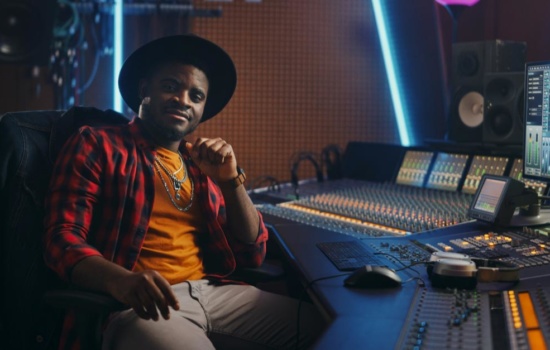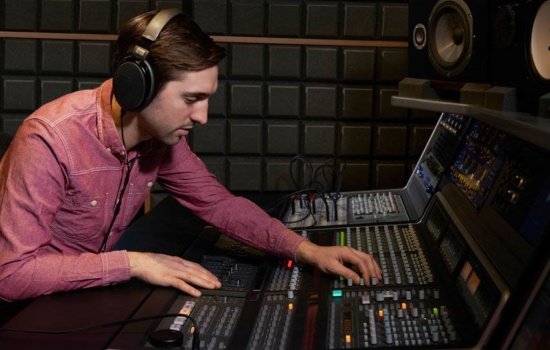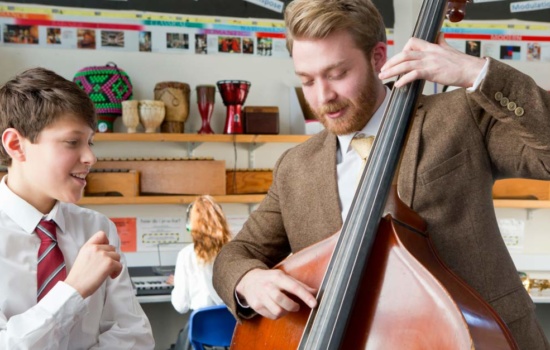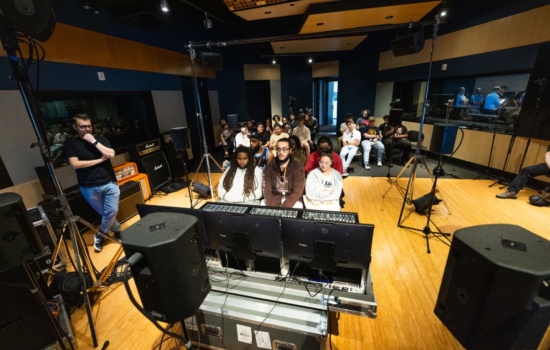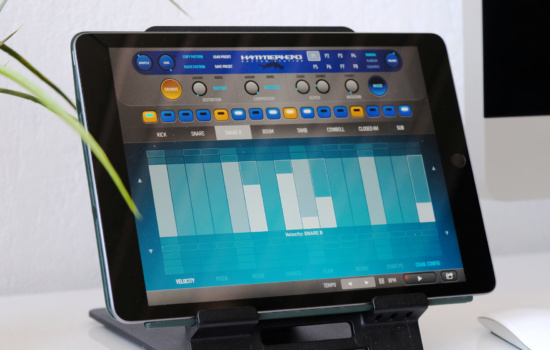Fortunately, for those of you hoping to become Music Therapists, the trajectory is clear: get your bachelor’s degree in Music Therapy, put in your 1,200 hours of clinical training by completing an internship and conducting fieldwork, and take the certification exam conducted by the Certification Board for Music Therapists, Inc.
A Music Therapy bachelor’s program will focus on providing students with foundations in musical, clinical and music therapy practices and principles, including music theory, composition, performance skills, conducting, human development, psychology, and therapy.
There are seventy colleges/universities in the US with American Music Therapy Association-approved programs, but if you’re not able to attend one of these schools, you do have options.
You can major in a related field (psychology, education, or music) and pursue an equivalency program in Music Therapy at an AMTA–approved university while getting your grad degree. This allows you to take required music therapy coursework while simultaneously getting an advanced degree so you don’t have to get a second baccalaureate degree. (A master’s or doctoral degree is not necessary to work as a Music Therapist, but it can expand research and employment opportunities.)








